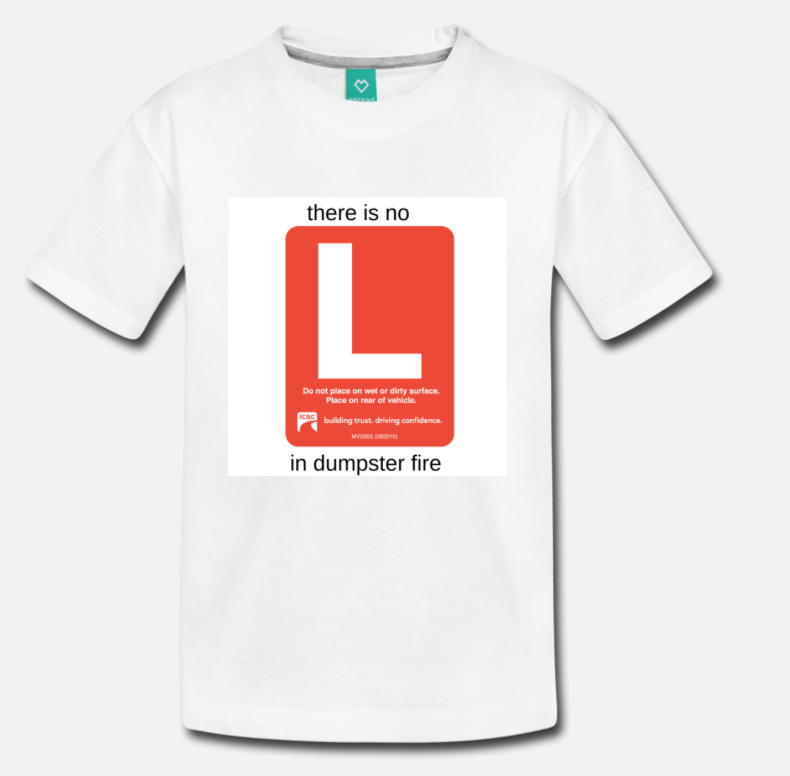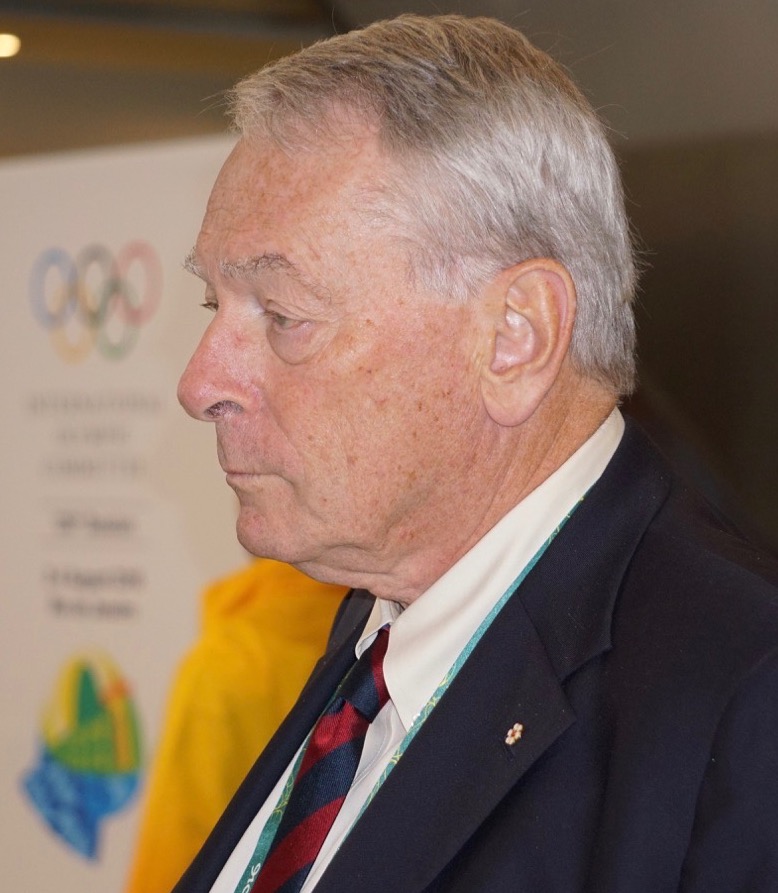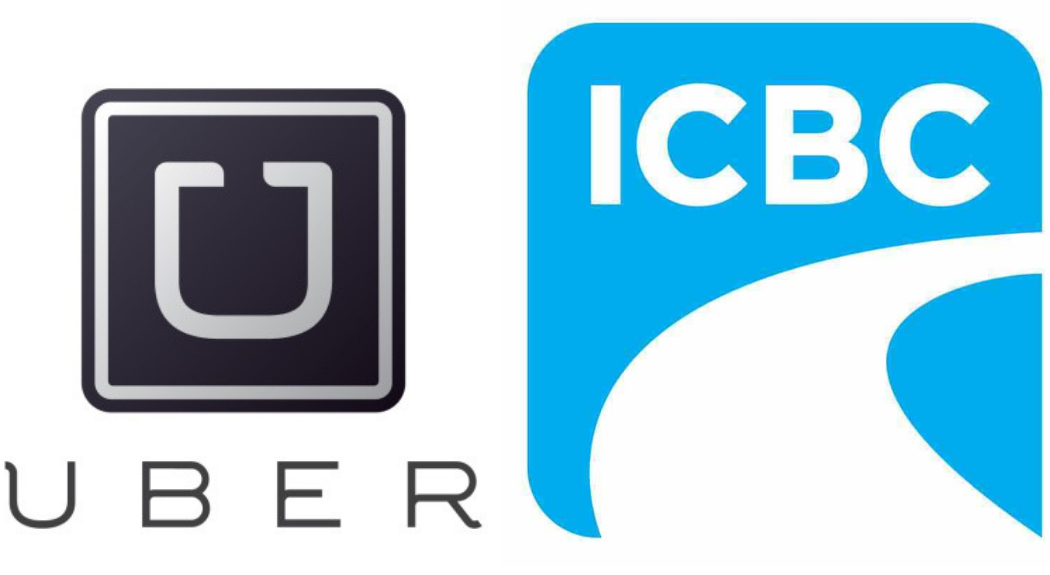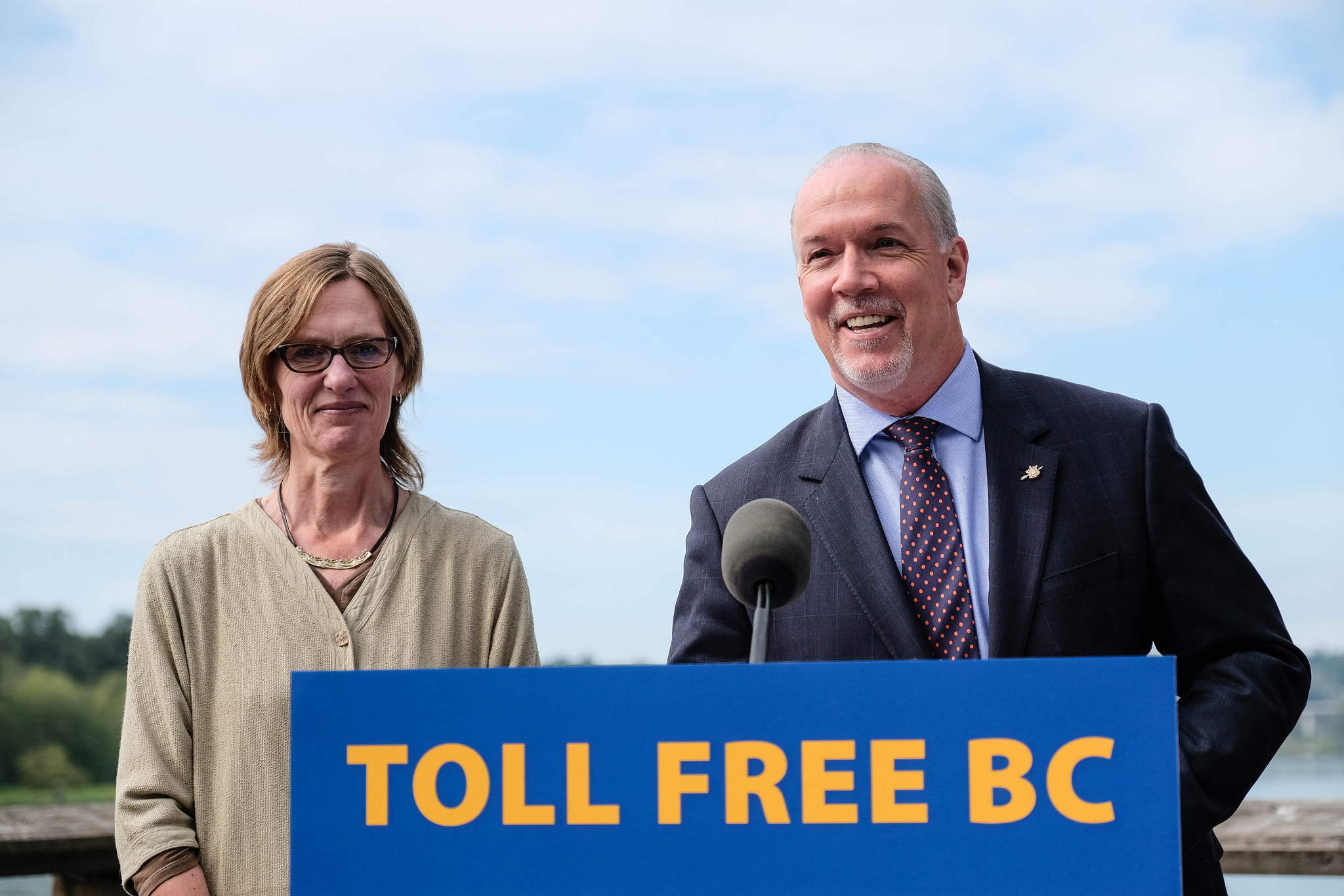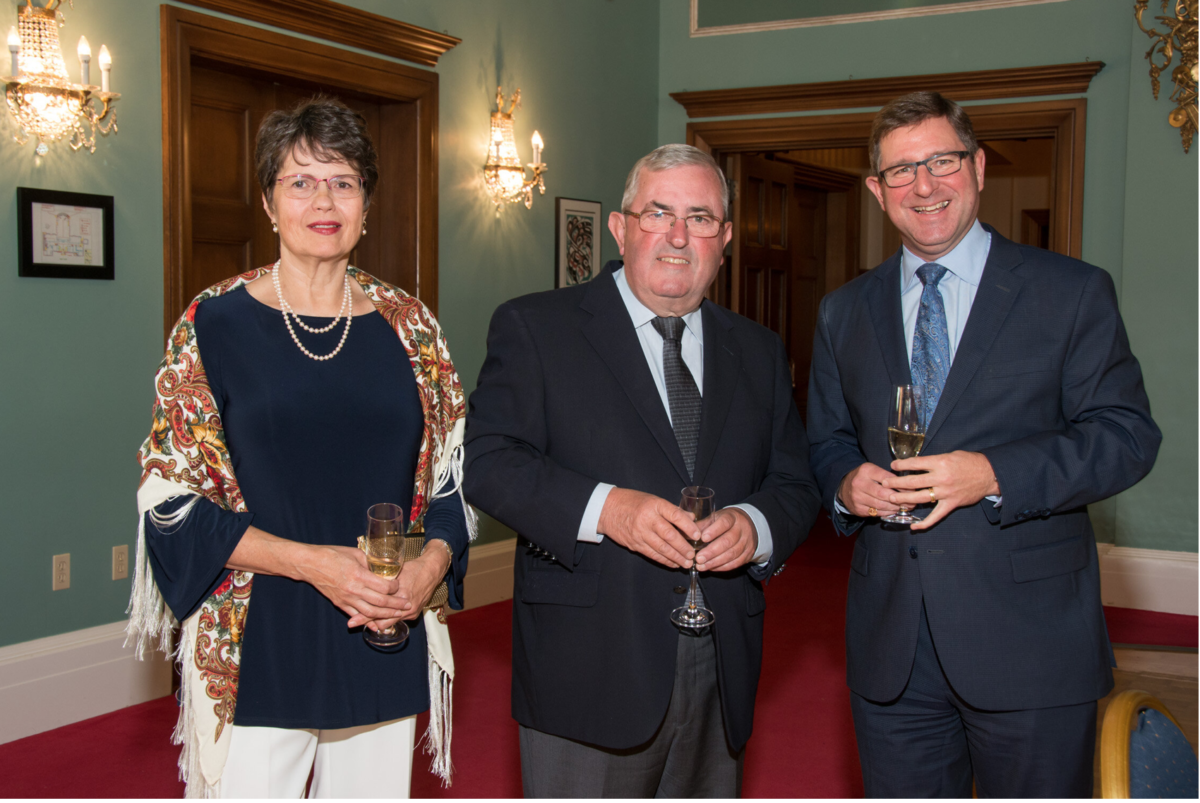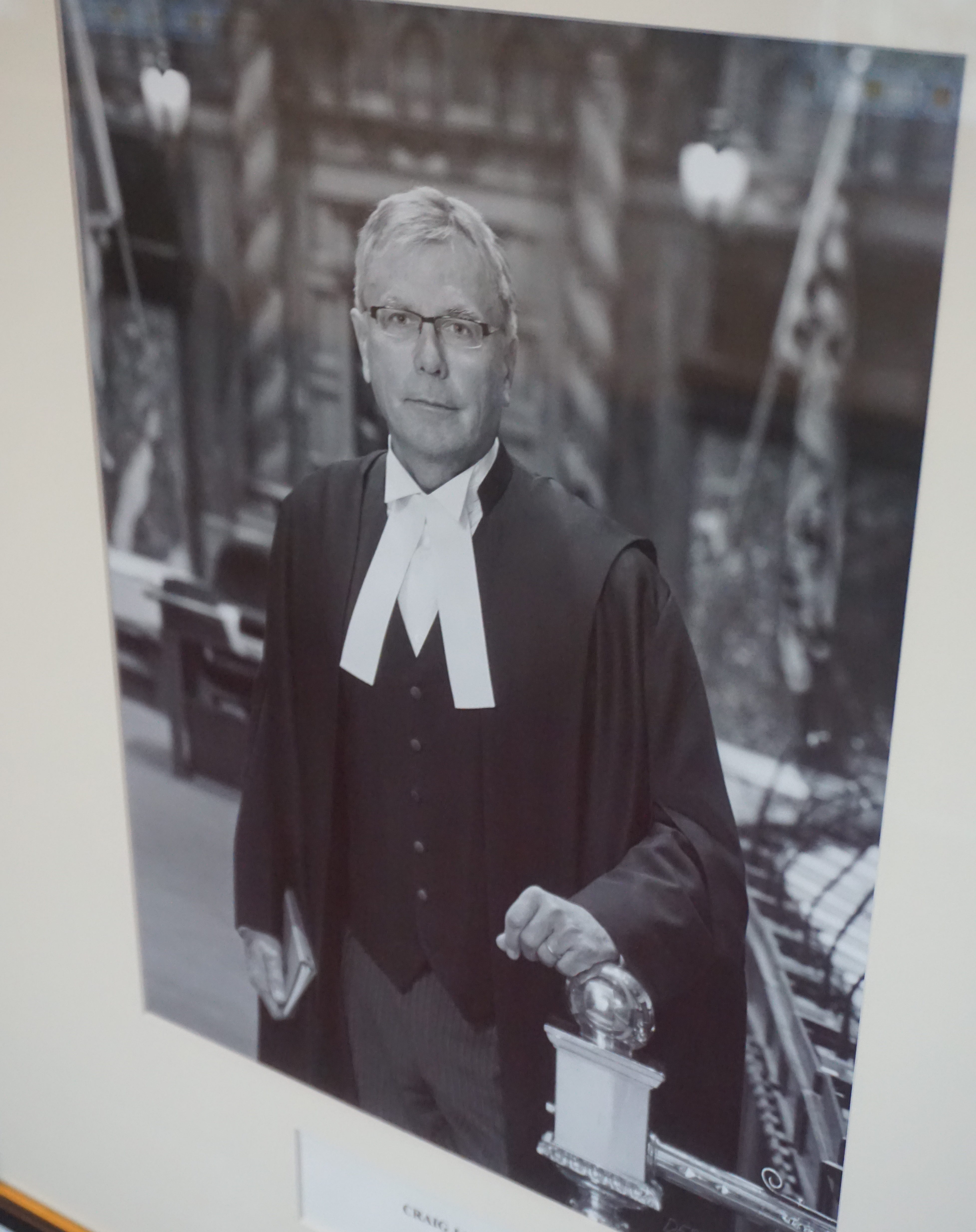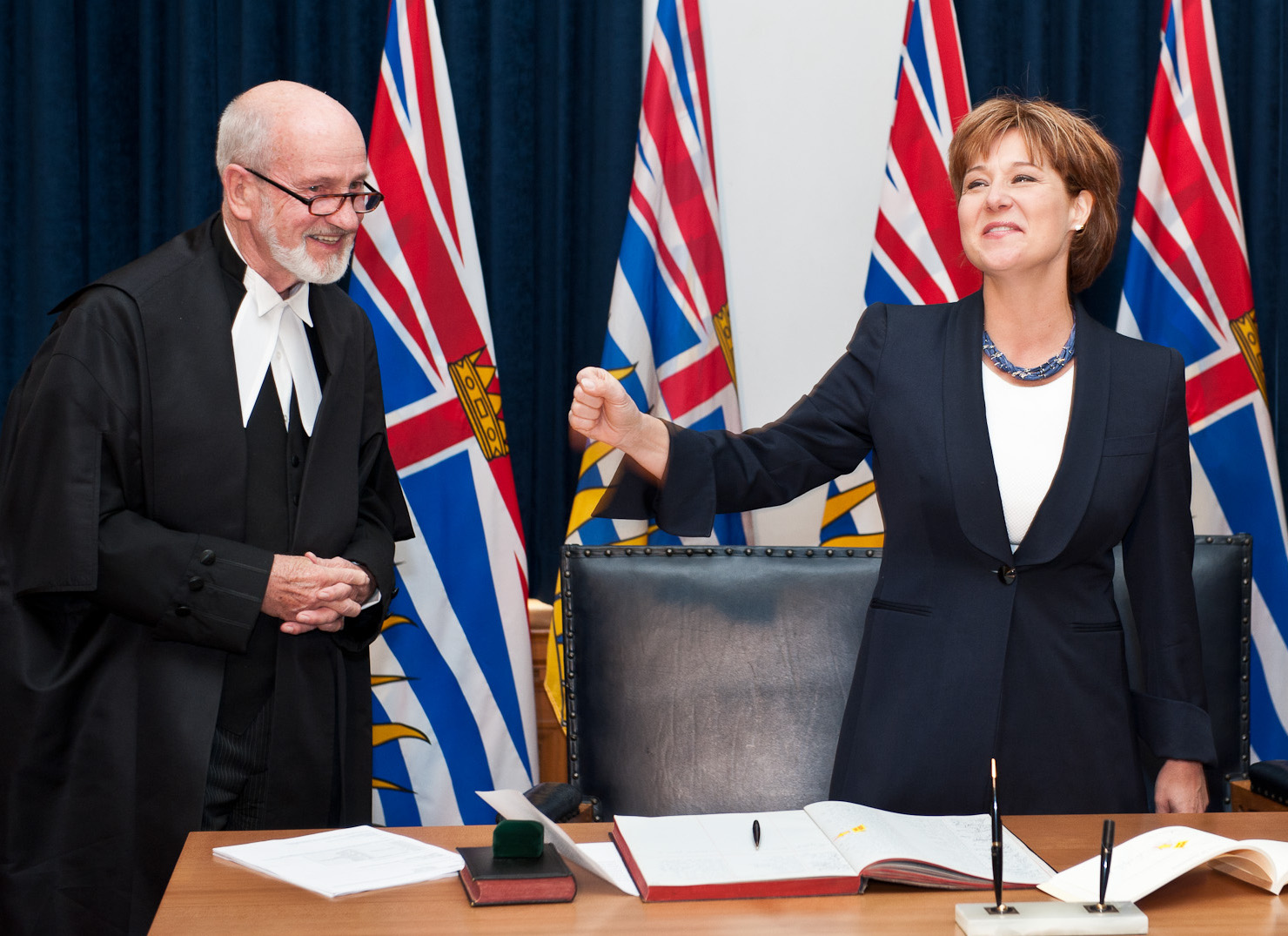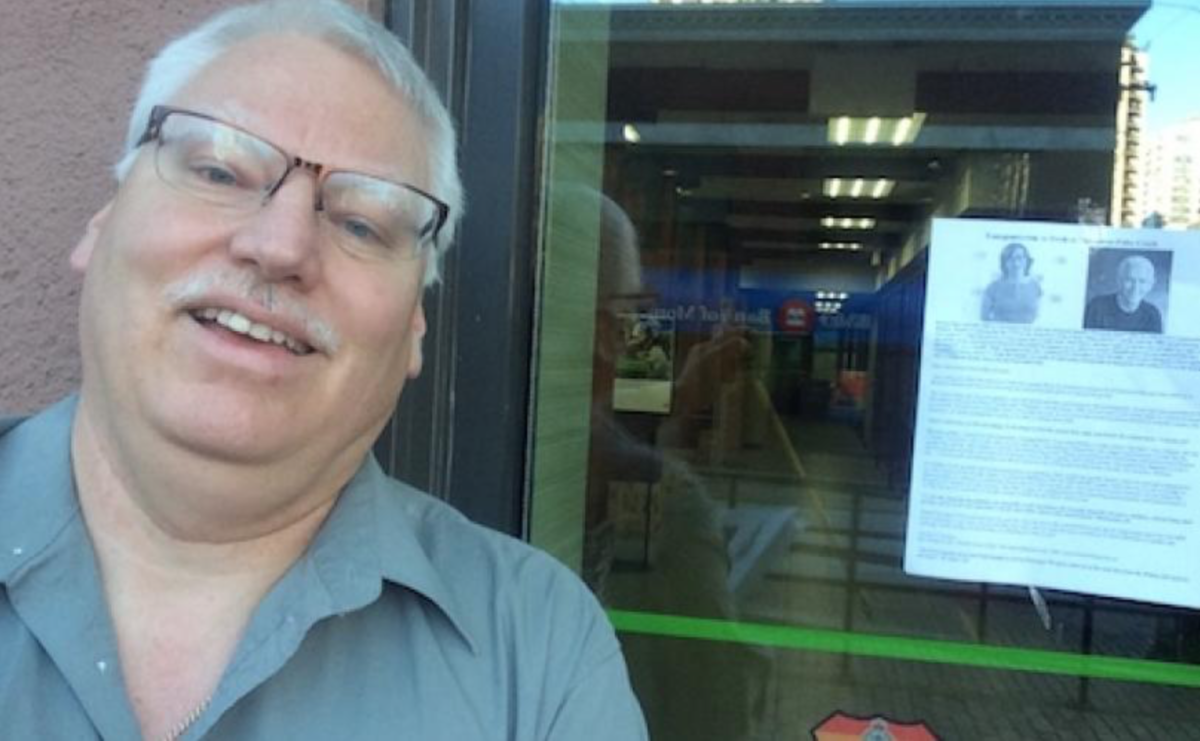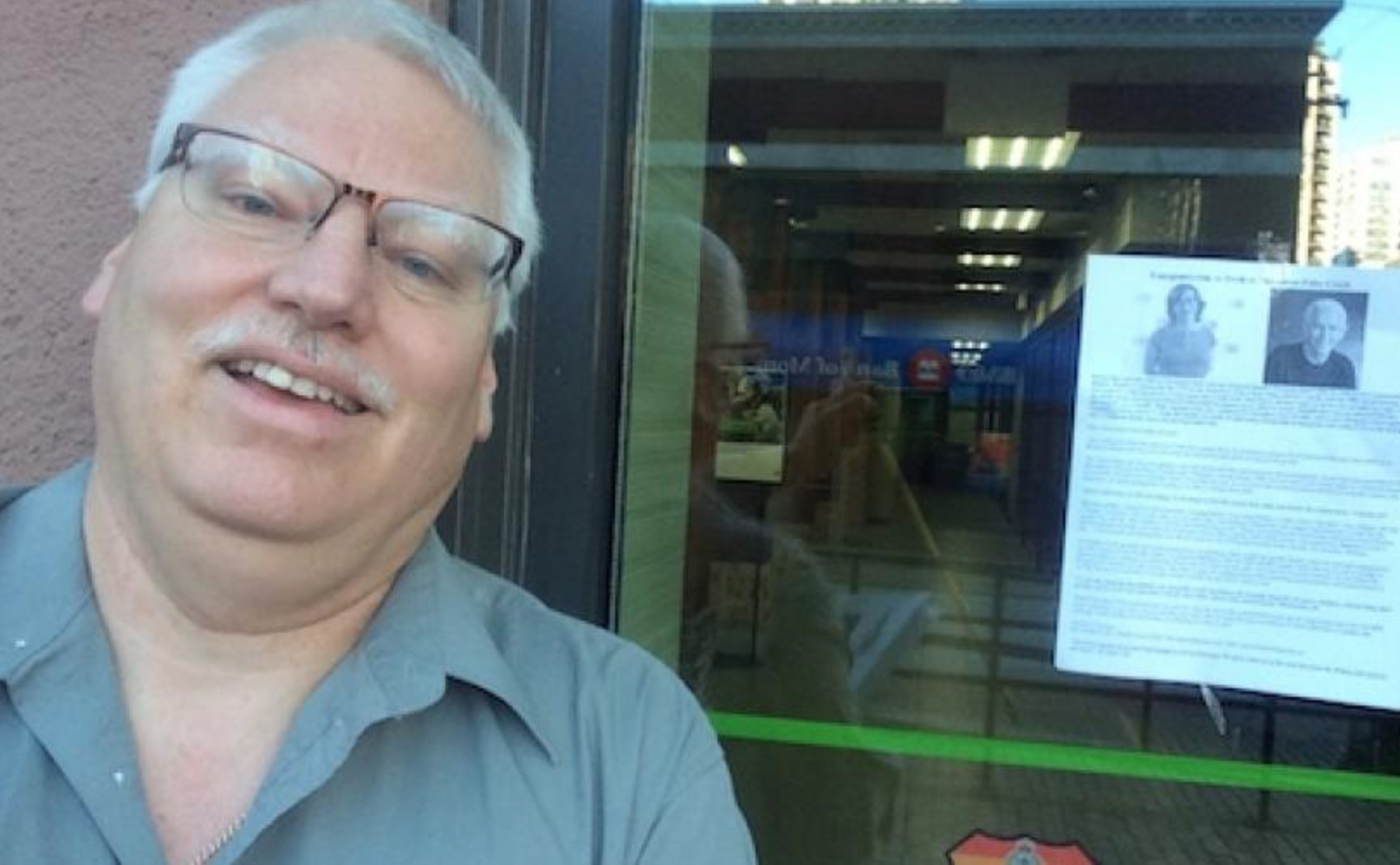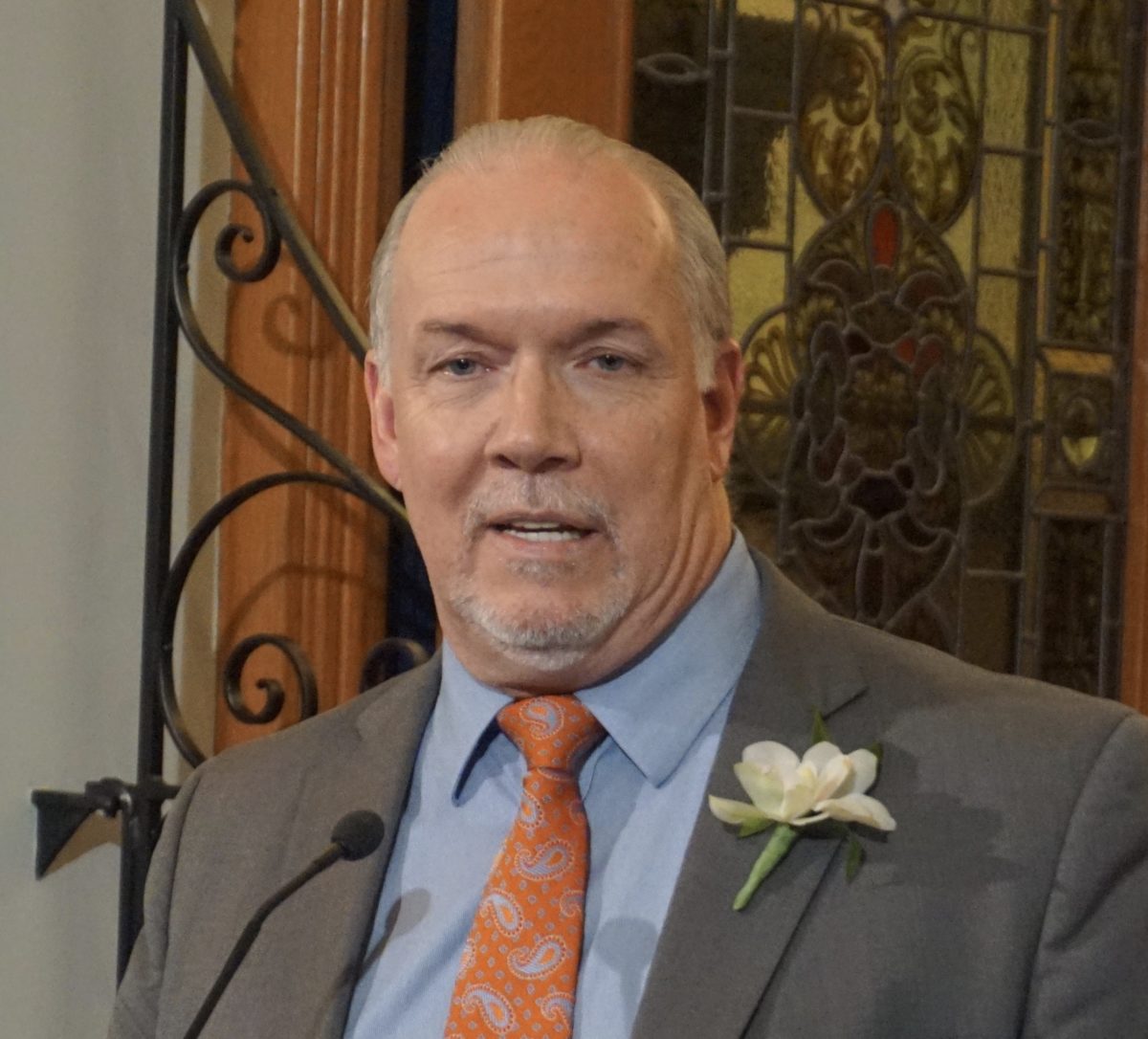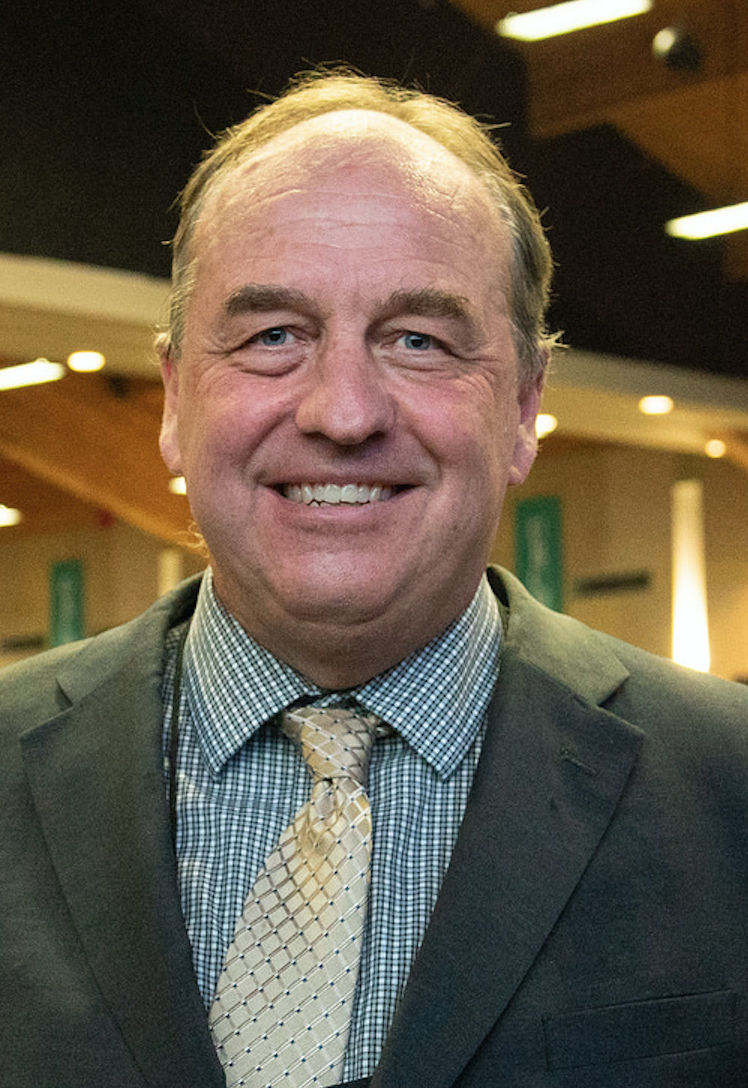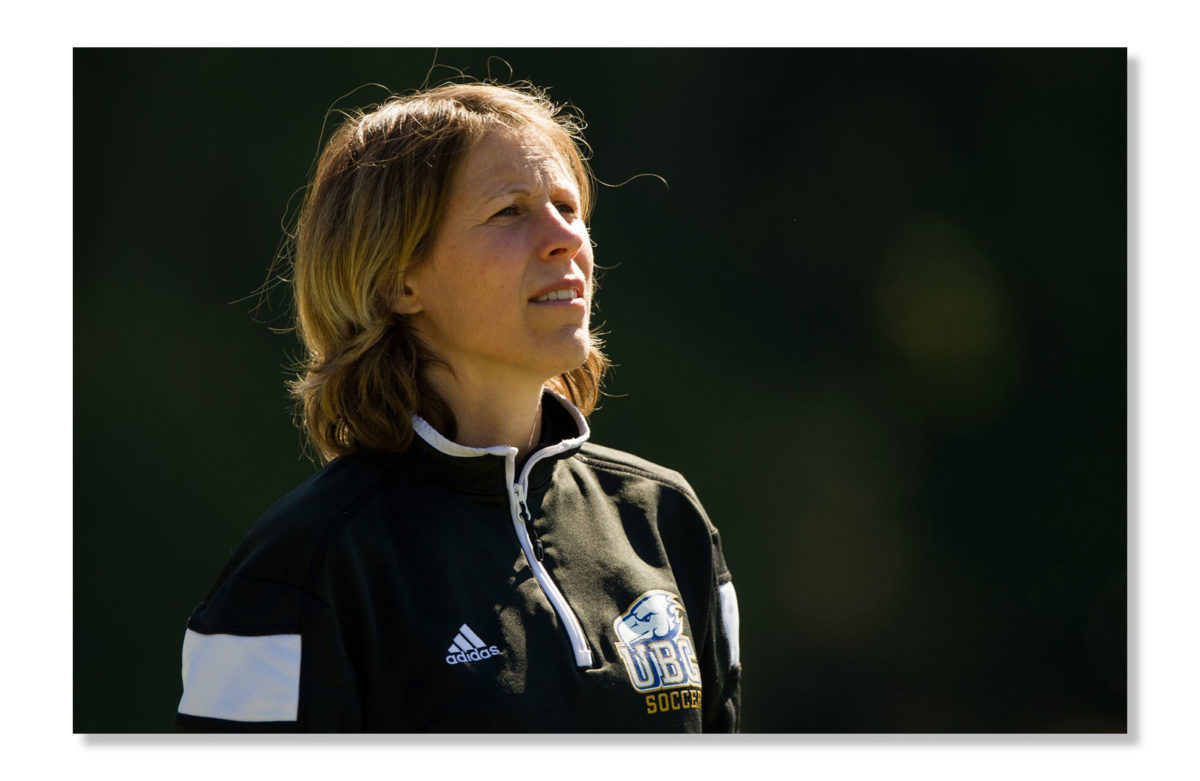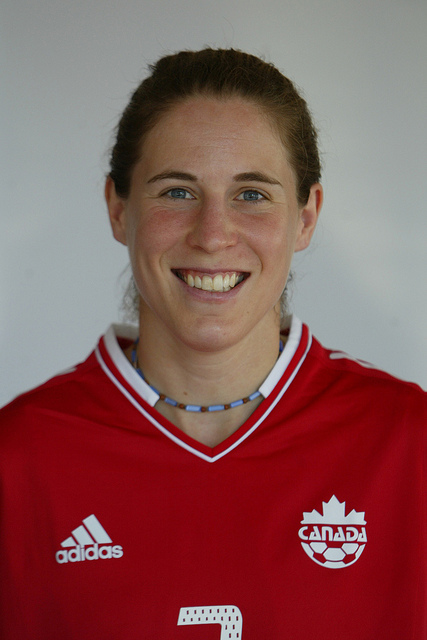Exclusive: Judge rules in favour of UBC grad whose supercar went missing en route to Beijing
Bob Mackin
A judge awarded a former University of British Columbia student $329,000 after the BMW supercar that his mother bought him went missing in China. 
B.C. Supreme Court Justice Wendy Baker’s April 3 written judgment, the result of last summer’s 11-day trial, said Da Bei (David) Li’s mother, Danna Zhu, bought him a $159,809 BMW i8 luxury car in February 2015 to celebrate his graduation. Li agreed to pay USD$116,645.22 to Harry Piao to pick up the car, prepare customs paperwork, ship the car to China, and arrange for customs clearance.
Li transferred the payment to Piao’s company, Top Car Seller Inc., and the car was picked up. Li had instructed Piao to use his mother as the consignee for the i8, because she would receive the i8 for her son. But he has not seen the car since March 2015 and remains out of pocket for the money transferred to Top Car.
Baker wrote that what appears to be a straightforward breach of contract “is complicated by a dense web of corporate and personal dealings between Mr. Piao, Top Car, and the defendants and third parties Qun Wang, Maxblue Enterprises Ltd., and Tianjin East China International Trade Co. Ltd.”
Baker found Piao and Top Car jointly liable for $145,288.62, the value in Canadian dollars of the payment in the contract.
“If the Li Agreement had been performed he would have had possession of the i8 in China since 2015, and would have received the value of his payment for shipping and customs clearance,” reads Baker’s verdict. “The i8 is no longer available to the parties. Therefore, because Mr. Li has received nothing from his payment of the required fees under the Li agreement, and has lost the i8, Mr. Li’s damages are measured by the monies paid under the Li Agreement, and the value of the i8.”
Baker also found Wang liable for conversion in relation to the i8 and Piao and Top Car liable for breach of contract and breach of fiduciary duty.
Wang, Piao and Top Car were found jointly liable to Li for $183,780.35, the value of the i8, including taxes.
“While I have found Mr. Piao, Top Car and Mr. Wang are jointly liable to Mr. Li for the value of the i8, as between Top Car and Mr. Wang, I find that Mr. Wang is liable to Top Car for the full value of the i8,” Baker wrote.
Piao converted the remaining funds for his own use, so Baker granted Li a tracing order against Piao and Top Car.
Li, Piao and Wang’s testimony was translated from Mandarin. Baker wrote that while Li’s evidence was credible, Piao was evasive and equivocal and Wang was even more evasive.
“At one point Mr. Wang said that a payment of 210,000 [Chinese renminbi] he received from Mr. Piao was used by Mr. Wang as reimbursement for his losses on an unrelated transaction between him and Mr. Jia. At another point in his testimony Mr. Wang said that the RMB210,000 was spent by Mr. Jia on obtaining a permit for the i8, which was why the money could not be returned. These two explanations are completely inconsistent,” Baker wrote.
“Mr. Wang explained one of the reasons he changed his evidence from discovery two years earlier was because of the testimony he heard during the trial. In other words, he tailored his evidence in response to what he heard during the testimony of Mr. Li and Mr. Piao.”
The court heard that Piao and Wang had a business relationship since 2013 in which Piao would supply Wang luxury cars to be sold to customers in China. At the same time as they were dealing with the i8 situation, Piao and Wang were in a dispute over shipment of other vehicles. Wang gave Piao a US$100,000 line of credit to buy cars and ship them to China, but Wang demanded the right vehicles or his money back after Piao bought the wrong colour.
“In July 2015, Mr. Wang used the i8 as leverage in his dispute with Mr. Piao in relation to the other vehicles. For example, on July 29, 2015 Mr. Wang wrote the following messages to Mr. Piao:

2015 BMW i8 (BMW)
- “If I can’t get the Bill of Lading [referring to other transactions, not the i8] by Friday, I will contact JJ motor myself, arrange for the revocation of the Letter of Credit, and use i8 as a security to exchange for a refund of 100,000 USD commission. Once the money is received, i8 will be shipped back.”
- “I8 was delivered to me by you. If you don’t return my money to me, I have no choice but to assume that you want to use i8 to pay the debt.”
- “I don’t care about the i8 matter. I only care about my vehicle.”
There was no written agreement between Piao and Wang which predated the arrival of the i8 in China; the judge found there was an unwritten agreement in advance of the i8 being shipped on April 26, 2015.
“This agreement was that Mr. Wang would take care of the customs clearance process once the i8 arrived in China. Unfortunately, Mr. Piao did not take steps to formalize the agreement in writing before the car was shipped, leading to the calamity of errors that followed.”
The dispute is eerily similar to another matter heard in B.C. Supreme Court last year and reported exclusively by theBreaker.news last December.
After a 16-day trial, a Lower Mainland real estate investor, whose company supplied steel to the Beijing 2008 Olympics, failed to convince a judge who was responsible for losing the BMW she bought and sent to China.
Shu E. Liu paid a broker $240,000 for a gently used BMW 750Li to be shipped to China. Liu does not have a licence to drive, though she does have a collection of cars in China, including a Bentley and Porsche.
“But she had a particular fondness for big BMWs, in which she could be comfortably driven,” the judge wrote.
In that case, the court heard that after July 2010, Chinese authorities restricted importation of cars to government representatives, high-level personnel and specially invited experts.
Support theBreaker.news for as low as $2 a month on Patreon. Find out how. Click here.
Bob Mackin A judge awarded a former University












